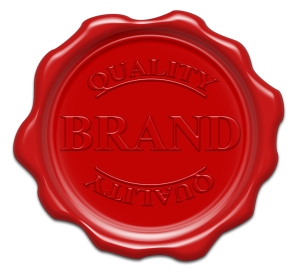Look At Your Business As If It Were a Book
Coming up with a persuasive marketplace differentiator for your business can be difficult.
One reason why: Since your business is your livelihood, creating its differentiator seems like a life-or-death decision. You tense up, thinking: “This differentiator of mine has got to be a one-of-a-kind, revenue-generating winner. Otherwise, I’m sunk.”
Trying to complete such an overwhelming exercise naturally shuts you down. The differentiator you come up with is weak. Or, you leave the exercise with no differentiator at all. What to do?
In the past decade and a half, I’ve created differentiators by the hundreds. One of my secrets: I play with how I see a client’s business. I look at it in different ways.
I even pretend that my client’s business isn’t a business at all. Instead, I pretend it’s a book.
Whether you realize it or not, your business is indeed a lot like a book.
Like a book, it has a main idea. It’s “about” something. That main idea may be sharp and distinct, or it may be broad and commoditized. It may be easy for people to talk about, or it may be fighting with other ideas, so talking about it is hard.

As I study a business, I think, “Right now, what’s the main idea here, and what are all the pieces of philosophy, facts, and stories substantiating that idea? If this business had a table of contents, what would the chapters be called and in what order would they fall?”
While I’m examining things, I look for storylines that are buried, or that hadn’t been thought of before. I ask myself, “If this new storyline were brought to the fore, how would that change everything? Who would be the readers for this new ‘book’? What would they be buying? How would they talk about it to friends?”
Consider trying this exercise for yourself.
Pretend your business is a book. Into which category would it fit? What would be its title? What about its main idea? Could you tweak that idea to make it stronger? Could you change the book’s meaning by moving a subordinate idea up front? Could you combine a series of subordinate ideas into something new and valuable? What would its cover look like?
Keep playing with the “book of your business” until you have a much stronger book than when you began.
Consider, then, how you could incorporate these rewrites into real life.
Look At Your Business As If It Were a Book Read More »


